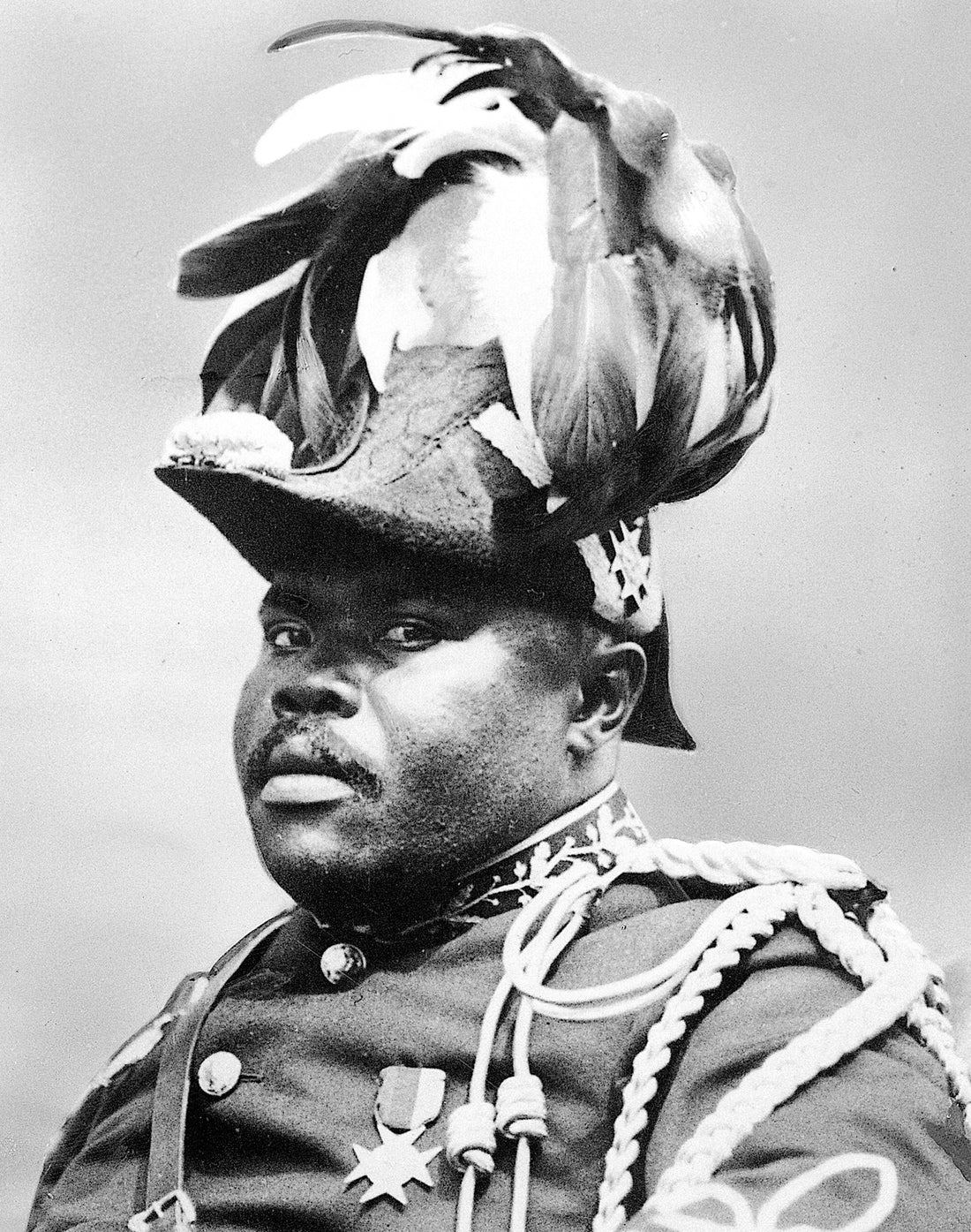
Garvey in the Whirlwind - Marcus Mosiah Garvey
Share
Home // Get Souled // Garvey in the Whirlwind

Garvey in the Whirlwind
Marcus Mosiah Garvey, one of the most influential 20th Century black nationalist and Pan-Africanist leaders, was born on August 17, 1887 in St. Ann’s Bay, Jamaica. Greatly influenced by Booker T. Washington’s autobiography Up From Slavery, Garvey began to support industrial education, economic separatism, and social segregation as strategies that would enable the assent of the “black race.” In 1914, Garvey established the Universal Negro Improvement Association (UNIA) in Kingston, Jamaica, adopting Washington’s inspirational phrase “Up, you mighty race; you can conquer what you will.” By May of 1917, Garvey relocated the UNIA in Harlem and began to use speeches and his newspaper, The Negro World, to spread his message across the United States to an increasingly receptive African American community. His major audience included the thousands of Southern blacks who were then migrating from the “shadow of slavery and the plantation” to the urban North. Black veterans of World War I were another Garvey audience. Most of them had experienced both French equality and US military bigotry and returned home as militant “race men.” They were attracted to Garvey’s calls. The UNIA grew larger still following the race riots in the Red Summer of 1919.
At the 1920 UNIA International Convention at Madison Square Garden, with twenty five thousand delegates and observers in attendance, Garvey issued the Declaration of Rights of the Negro Peoples of the World. The convention also produced the Universal Ethiopian Anthem. The Negro World, the official newspaper of the UNIA, also spread the organization’s philosophy globally. With a circulation of over 200,000 and published in three languages, Spanish and French as well as English, the Negro World was read on four continents.
Garvey’s most ambitious effort was the establishment of the Black Star Steamship Line. Garvey hoped that this joint stock corporation would develop lucrative commercial networks between the United States, the Caribbean, and the continent of Africa. He also hoped that his three ships would help in the return of millions of blacks in the “Diaspora” to Mother Africa.



